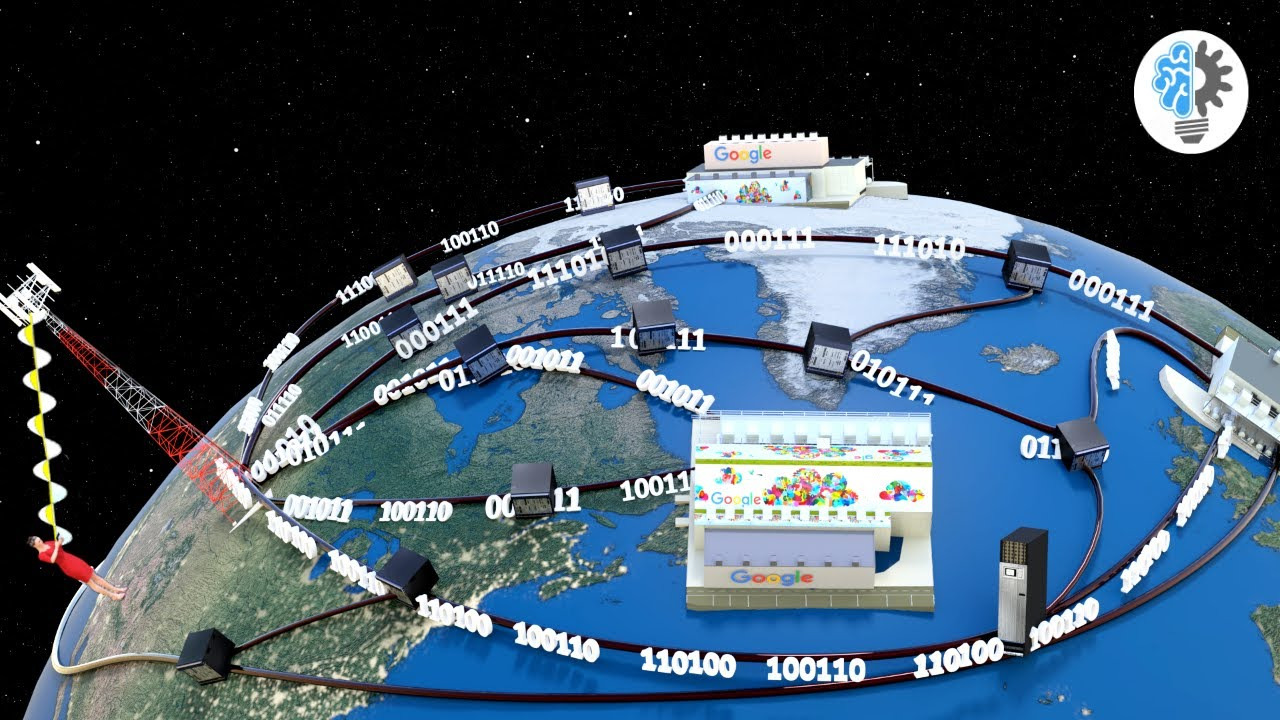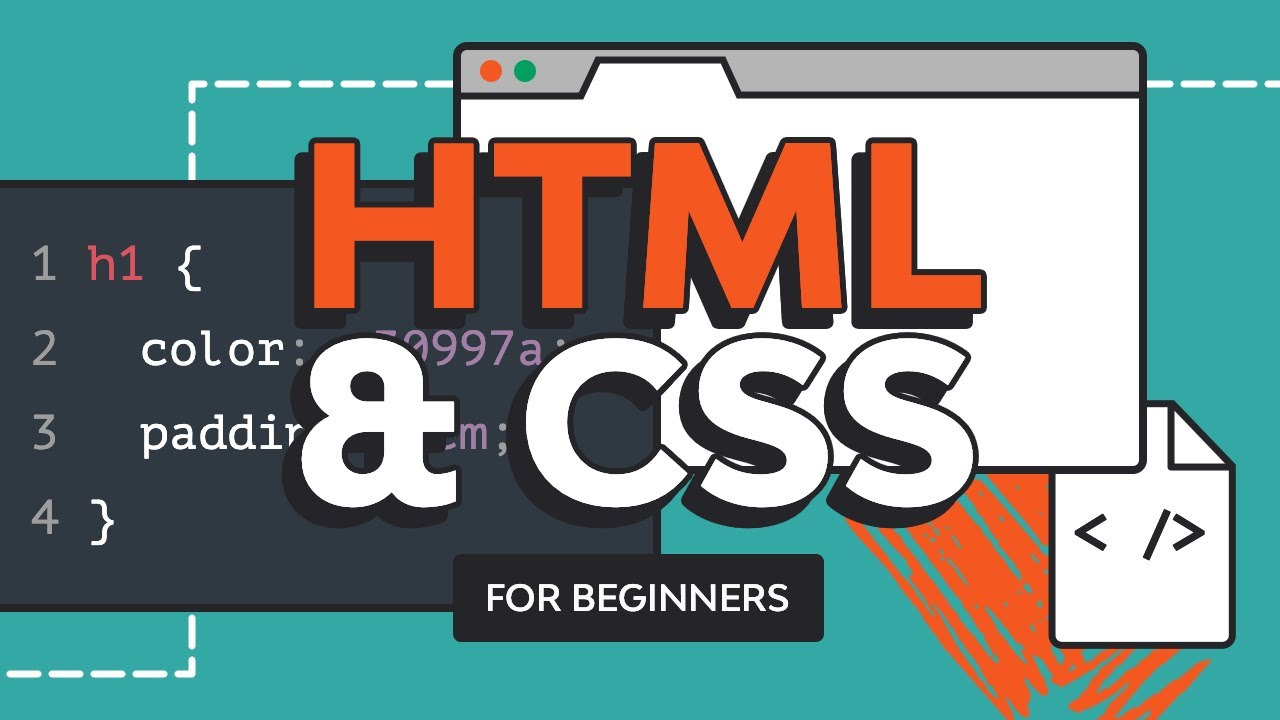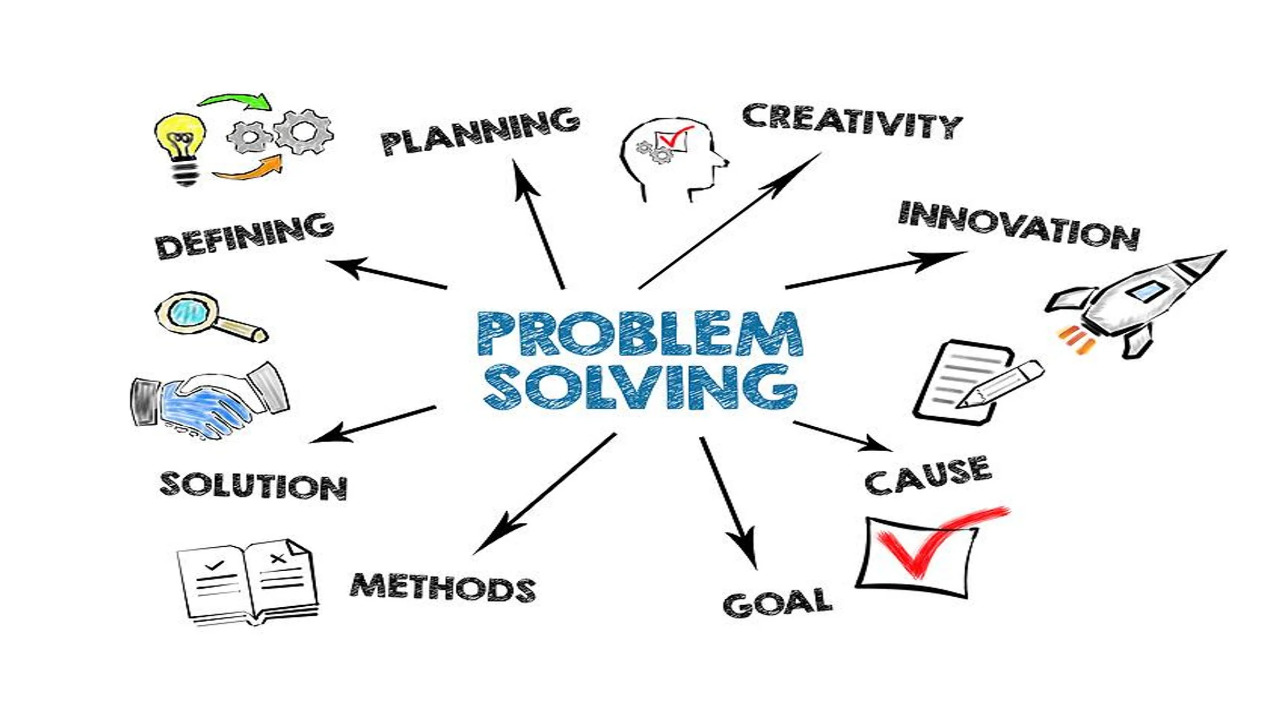There are a number of skills that every web developer should have in order to be successful. While some of these skills may be more important than others, all of them are essential to the job.
Some of the most important skills for web developers include:
– Strong coding skills: Web developers need to have strong coding skills in order to create websites and applications that are error-free and meet all of the requirements.
– Good communication skills: Web developers need to be able to communicate effectively with clients and team members in order to understand the project requirements and deliver the final product.
– Attention to detail: Web developers need to be detail-oriented in order to create websites and applications that function correctly and look great.
– Organizational skills: Web developers need to be able to keep track of all of the different aspects of a project in order to ensure that everything is completed on time and within budget.
– Problem-solving skills: Web developers need to be able to troubleshoot issues that may arise during the project development process.
Understanding of how the web works

The web is a network of computers that are connected to each other. Each computer on the web has its own IP address, which is a unique number that identifies it on the network.
When you type a URL into your browser, your computer contacts a DNS server to find out the IP address of the server that hosts the website you’re trying to visit. Once it has the IP address, your computer sends a request to the server, and the server sends back the website you requested.
The web is a clientserver system, which means that your computer (the client) contacts a server (which is a computer that stores websites) and requests the website you want to see. The server then sends the website back to your computer, and your browser displays it.
The web is powered by HTML, which is a markup language that is used to structure content. HTML is made up of elements, which are the building blocks of web pages.
Elements can contain text, images, or other media, and they can be nested inside of each other. HTML is read by browsers and displayed as a web page.
CSS is used to style web pages. It is used to add colors, fonts, layouts, and other design elements to web pages.
JavaScript is a programming language that is used to add interactivity to web pages. With JavaScript, you can add features like menus, forms, and animations.
The web is a global network of computers that are connected to each other. The web is powered by HTML, CSS, and JavaScript.
Basic HTML and CSS knowledge

If you’re just getting started in web development, it’s important to have a solid understanding of HTML and CSS. HTML is the markup language that is used to structure content on the web, while CSS is the style sheet language that is used to style that content.
In this article, we’ll give you a basic overview of HTML and CSS, and how they work together to create web pages. We’ll also provide some tips on learning more about these technologies.
HTML
HTML, or HyperText Markup Language, is the standard markup language for creating web pages. HTML elements are the building blocks of HTML pages, and are used to add content and structure to a web page.
HTML elements are represented by tags, which are enclosed in angle brackets. For example, the HTML element for a paragraph is represented by the tag.
HTML tags can have attributes, which are used to provide additional information about an element. For example, the tag, which is used to create a link, has an href attribute, which specifies the URL of the page that the link will point to.
CSS
CSS, or Cascading Style Sheets, is a style sheet language used for describing the look and feel of a document written in HTML or XML. CSS rules are used to style the content of HTML elements.
CSS rules are made up of selectors and declarations. A selector is used to identify the HTML element or elements that a CSS rule will be applied to. A declaration is used to specify the style properties that will be applied to the selected element or elements.
For example, the following CSS rule will make all
elements blue
Familiarity with web development tools and processes

If you’re interested in becoming a web developer, it’s important to familiarize yourself with the various tools and processes involved in web development. While there are many different web development tools and processes out there, the most important ones to know are HTML, CSS, and JavaScript. These are the three core technologies that are used to build websites and web applications.
HTML (HyperText Markup Language) is used to structure the content of a web page. CSS (Cascading Style Sheets) is used to style the content of a web page. JavaScript is used to add interactivity to a web page. These three technologies are essential for any web developer to know.
In addition to the three core technologies, there are also a number of other tools and processes that can be used in web development. These include tools for managing website content, tools for developing web applications, and tools for debugging and testing websites.
Familiarity with these tools and processes is essential for any web developer. By familiarizing yourself with the different tools and processes involved in web development, you’ll be able to more effectively develop websites and web applications that are both user-friendly and effective.
Understanding of web standards and accessibility

Web standards are the formal, non-proprietary standards and guidelines that define how web technologies are supposed to work.
Web accessibility means that people with disabilities can use the web. Web accessibility also benefits other users, including those using mobile devices, those with temporary disabilities (for example, a broken arm), and those with slow internet connections.
The two are closely related: if a website is built using web standards, it is more likely to be accessible. And if a website is accessible, it is more likely to be usable by everyone, regardless of ability or circumstance.
Web standards are important because they:
– Make the web more accessible
– Help browsers and other web-based tools work together
– Improve the stability and security of the web
– Make it easier to develop and maintain websites
Web accessibility is important because it:
– Makes the web available to everyone, regardless of ability or circumstance
– Helps to break down barriers between people
– Makes the web a more inclusive place
There are many different web standards, covering everything from the way web pages are structured and formatted, to the way they are displayed in different browsers.
The most important web standards are:
– HTML (HyperText Markup Language)
– CSS (Cascading Style Sheets)
– JavaScript
HTML is the language that is used to structure web pages. It defines the meaning of the content on a page, and how it should be displayed.
CSS is used to style the page, defining how the HTML elements should be displayed.
JavaScript is a programming language that can be used to add interactive elements to web pages.
Ability to effectively communicate with clients and team members

The ability to communicate effectively is one of the most important skills that you can possess in both your personal and professional life. When it comes to your career, being able to communicate with clients and team members is essential to your success.
There are a few things that you can do to improve your communication skills. First, make sure that you are clear and concise when you are speaking. It is also important to listen to what others are saying and to be responsive to their needs. Additionally, always be respectful and professional in your interactions.
If you can master the art of communication, you will find that you are more successful in both your personal and professional life.
Good problem-solving skills

One of the most important skills that you can have in life is good problem-solving skills. Whenever you face a problem, big or small, being able to effectively solve it can make all the difference in the world.
There are a few things that you can do to improve your problem-solving skills. First, it is important to be able to take a step back and look at the problem from a different perspective. Often, we can get so caught up in the details of a problem that we can’t see the forest for the trees, so to speak. By taking a step back, you may be able to see the problem in a new light and find a different way to approach it.
Another important thing to do when trying to solve a problem is to think outside the box. Don’t be afraid to try something new or different. Sometimes, the best way to solve a problem is to think outside the box and come up with a creative solution.
Finally, it is also important to be persistent when solving a problem. If at first you don’t succeed, try, try again. Often, the only way to really solve a problem is to keep working at it until you find a way that works.
If you can keep these things in mind, you will be well on your way to becoming a master problem-solver. So, the next time you are faced with a problem, don’t be afraid to put these tips to use and see if you can’t find a better way to solve it.
A willingness to keep learning new things

A willingness to keep learning new things is one of the most important qualities a person can have. It’s what allows us to grow and evolve as we encounter new challenges and experiences in life.
Without a willingness to learn, we would be stuck in the same place, never progressing or changing. Learning keeps us fresh and open-minded, and allows us to see the world in new and different ways.
It can be difficult to maintain a willingness to learn new things, especially when we feel like we’re already stretched thin. But it’s important to remember that learning doesn’t have to be a big, time-consuming undertaking.
There are many small ways we can keep learning new things every day. Reading, listening to podcasts, and even just having conversations with people we wouldn’t normally talk to can all help us learn something new.
The important thing is to keep our minds open and to never stop learning. By doing so, we can continue to grow and evolve as people, and lead more fulfilling lives.
